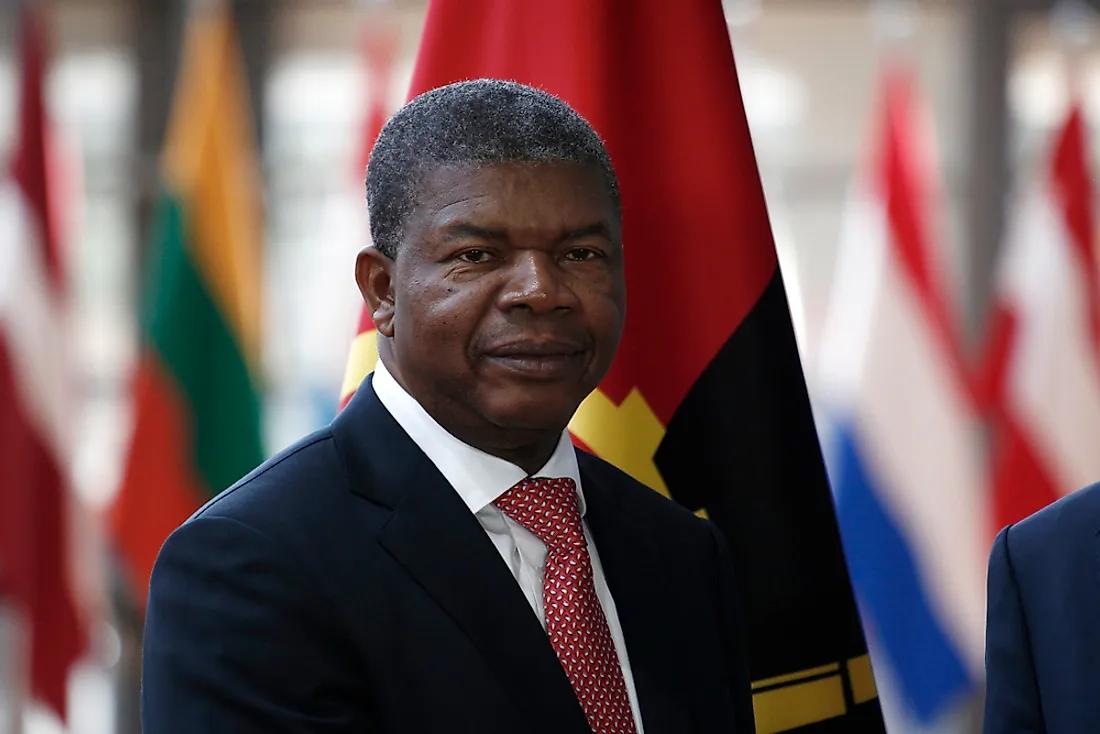Africa-Press – Angola. The country’s economic prospects for this year remain optimistic, despite the risks still prevailing, announced the Economic Commission of the Council of Ministers, in the final communiqué of the 4th ordinary meeting, held in Luanda, under the guidance of the President of the Republic, João Lourenço.
The document adds that the aforementioned scenario is fundamentally due to the good growth performance of the non-oil Sector. In order to ensure the achievement of the objectives set out in the main program documents, the Economic Commission recommended the improvement of the mechanisms necessary to mitigate the risks that still prevail and maintain the results achieved within the scope of the Macroeconomic Stabilization Program, namely the reversal of the recessive trajectory of activity economy, the increase in the Net International Reserves, the stability of the foreign exchange market and the surplus balance of the fiscal accounts.
The Economic Commission of the Council of Ministers also recommended the continuation and strengthening of actions aimed at reducing the general level of prices and the unemployment rate, taking into account their effects on the well-being of the population. In this regard, the consultation body of the Holder of the Executive Power guided the acceleration of the implementation of PRODESI initiatives and the improvement of the business environment, with a view to increasing the internal supply of goods and services and, consequently, employment, complemented, in this way, with the initiatives of the Employability Support and Promotion Plan (PAPE) and the Informal Economy Reconversion Program (PREI).
He also recommended the promotion of the operationalization of the Strategic Food Reserve (REA), ensuring the purchase of national production and the objective of reducing the prices of goods that are widely consumed by the populations and the promotion of social programs with strong potential to reduce poverty, that is, the Integrated Program for Local Development and Combating Poverty, the Kwenda Program, the Integrated Plan for Accelerating Family Agriculture and Fishing and the Integrated Program for the Development of Rural Trade.
The Economic Commission also carried out, in this session, the assessment of the performance of macroeconomic variables in the first quarter of the year, having verified that the macroeconomic stability registered in the country has allowed the gradual recovery of national economic activity.
Oil Production
Speaking to the press at the end of the meeting, the Minister of Economy and Planning, Mário Caetano João, made it known that the country maintains production levels in the oil sector at around 1.14 million per day, and is already estimating the price of a barrel of oil around 100 dollars. “This is our estimate of what the average oil price will be for the current year, although some international energy sector agencies are predicting a higher price, but we would like to be less optimistic and thus be able to build this executive macroeconomic programming on more solid foundations”, he stressed.
Mário Caetano João stressed that this framework allows for a growth forecast of 2.7 percent for the current year, when the General State Budget predicted 2.4 percent. The Minister of Economy and Planning said that the oil sector grew from 1.6 percent to 2.1 percent, and the non-oil sector, from 3.1 percent to 3.2 percent. He said that the sectors that are contributing the most to this growth of the national economy are agriculture, which will grow this year by around 5 percent, fisheries, by 10 percent, industry, by 5 percent, and commerce. , at 3, 4 percent. “These are the sectors that will grow the most this year, and they are also the sectors that are involved in the agribusiness value chain,” said the minister.
Quarterly Financial Programming
The Economic Commission of the Council of Ministers also approved the Quarterly Financial Programming of the National Treasury, referring to the 2nd Quarter of 2022. This document contains the projections of the inflows and outflows of financial resources in the period in question and records the operations with direct and cash flow, as well as revenue assumptions, following the inflows of resources, payments, financial operations and a brief approach to the risks involved in their execution.
The Economic Commission also approved a diploma that establishes the rules on the organization and functioning of the Resolution Fund, a reference legal instrument that will allow the National Bank of Angola to ensure the necessary financial support for the application of resolution measures to banking financial institutions.
Yesterday’s session of the Economic Commission of the Council of Ministers also considered a proposal for a Law amending the Industrial Tax Code. The industrial tax rate levied on accidental services provided by non-residents to entities residing in Angola is increased from 15 percent to 6.5 percent, with a view to stimulating the Gross Domestic Product (GDP), promoting investment with legal certainty and fiscal stability.
In the Public Administration, Labor and Social Security Sector, the Economic Commission approved the Legal Regime for the Social Protection of Workers with Suspended or Terminated Employment. This contributory scheme is optional, the objective of which is to extend the personal coverage of the Compulsory Social Protection to people who no longer meet the conditions to be covered by one of the mandatory social protection schemes, namely Angolan citizens in a situation of inactivity or residing in the foreigners and also Angolan workers in a situation of international mobility.
For More News And Analysis About Angola Follow Africa-Press






